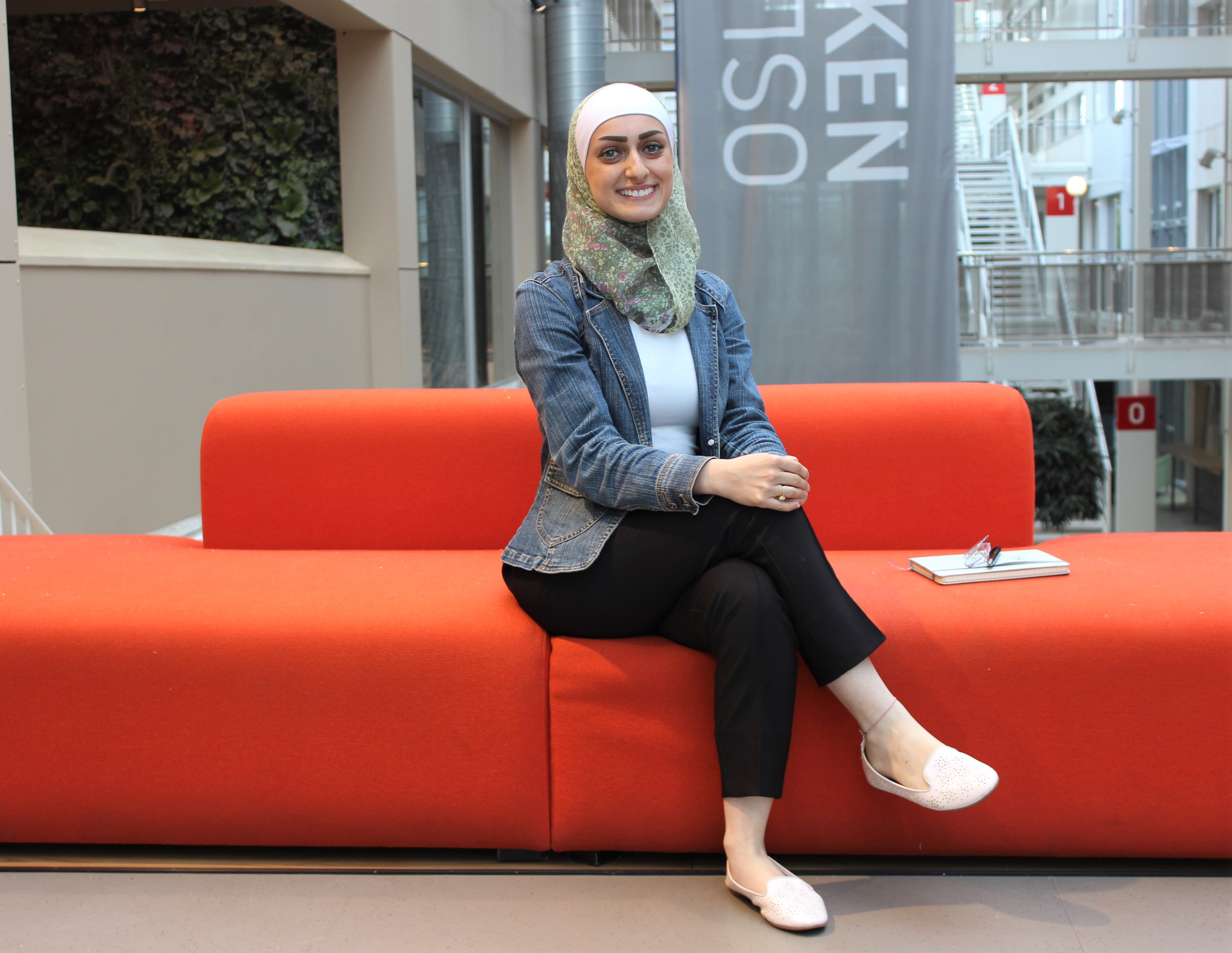Youth blog: COVID-19 and a (new) youth perspective on gender equality
By Salam Al-NuktaDate:

Salam Al-Nukta is a Syrian entrepreneur, startup enthusiast and youth advocate, currently studying International Business Administration at Tilburg University in the Netherlands. She’s the founder of ChangeMakers, a community initiative focused on bridging the gender gap between programmers in Syria. She is also a member of UN Women’s youth network Gender Innovation Agora and the Beijing+25 Youth Taskforce, a global group of young leaders appointed to guide UN Women’s youth agenda in the 25th review of the Beijing Declaration and Platform for Action.
History marks several milestones that have changed the world we live in today. From world wars to the invention of the Internet and Facebook. These are all events which profoundly changed our lifestyles.
The COVID-19 pandemic is one of the most significant events of the 21st century and has brought devastating economic and social impacts to our planet. Needless to say, COVID-19 proves to be more than just a health issue. While it continues to increasingly steal the lives of our loved ones, its negative impact on the world’s economy is persistent.
As of September, there are over 26 million confirmed cases of COVID-19, of whom over 800 thousand people didn’t survive, as reported to WHO. The pandemic has also left thousands of people jobless. According to Mckinsey, women are 1.8 times more vulnerable to become unemployed due to this crisis than men.
COVID-19 didn’t bring new inequalities. It exacerbated the already existing inequalities from education and healthcare to finance and social norms. Moreover, COVID-19 is not the issue of one nation, it is a global crisis. Yet, the multiplier effect of partnerships between youth, international organizations and civil society continues to be neglected. Today, we are at risk of putting the progress we have made in reducing the global gender gap at stake, unless we realize the benefits of collaboration and solidarity.
Earlier this year, I had the honor to speak among global and young leaders in addition to private sector and non-governmental entities at the multi-stakeholder hearing: “Accelerating the Realization of Gender Equality and the Empowerment of all Women and Girls.”
At the event, participants highlighted the necessity to develop new approaches to ensure no one is left behind. Furthermore, the conference discussed how vital it is to distinguish the communities’ vulnerabilities to the inequalities exacerbated by the pandemic. Without a clear analysis of how COVID-19 has exacerbated existing inequalities disproportionately, progress will not find its way to building back better. There is no “one-size-fits-all” solution.
As a young person, it has been a very insightful journey for me living in two very different countries. After 25 years in Syria, I migrated to The Netherlands for a new life. It feels like sitting on both sides of the shore. My experience is eye-opening and enriching because it provides me with a new lens to note and understand the differences in women’s needs where communities, culture and demographics are remarkably different.
Finally, governments and international organizations have the opportunity to embrace change and engage with young people and women from different backgrounds in the process to build back better. By facilitating access to education as well as involvement in the economy through entrepreneurship, small businesses can leverage the untapped power of these groups. Without these measures in place, the world is missing out on over 1.2 youth talents and almost half of the world’s population contribution, ideas and skills.